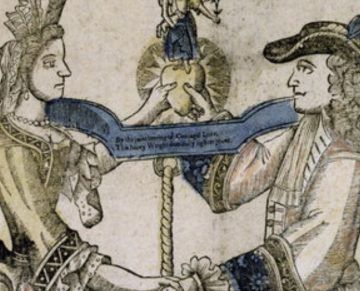Alan Jacobs in The Hedgehog Review:
 A good many people claim to be “free speech absolutists,” but I’m not sure whether they really are. Push an absolutist hard enough with edge cases and you typically discover that they do indeed draw lines beyond which speech may not be permitted to go. (How many celebrants of free speech advocate the elimination of libel and slander laws?) But even if true absolutists exist, some of the people most often cited in support of free speech certainly were not so absolute. And there may be useful lessons for us in that.
A good many people claim to be “free speech absolutists,” but I’m not sure whether they really are. Push an absolutist hard enough with edge cases and you typically discover that they do indeed draw lines beyond which speech may not be permitted to go. (How many celebrants of free speech advocate the elimination of libel and slander laws?) But even if true absolutists exist, some of the people most often cited in support of free speech certainly were not so absolute. And there may be useful lessons for us in that.
For instance: The problem with citing John Milton’s “Areopagitica” (1644)—as David Bromwich does here, for instance—in support of freedom of speech or of the press is that immediately after making his eloquent plea for unlicensed printing, Milton adds,
I mean not tolerated popery, and open superstition, which as it extirpates all religious and civil supremacies, so itself should be extirpate…that also which is impious or evil absolutely against faith or manners no law can possibly permit that intends not to unlaw itself.
Free speech, sure, but of course not for Catholics. It should go without saying that this is Milton’s own opinion.
More here.
